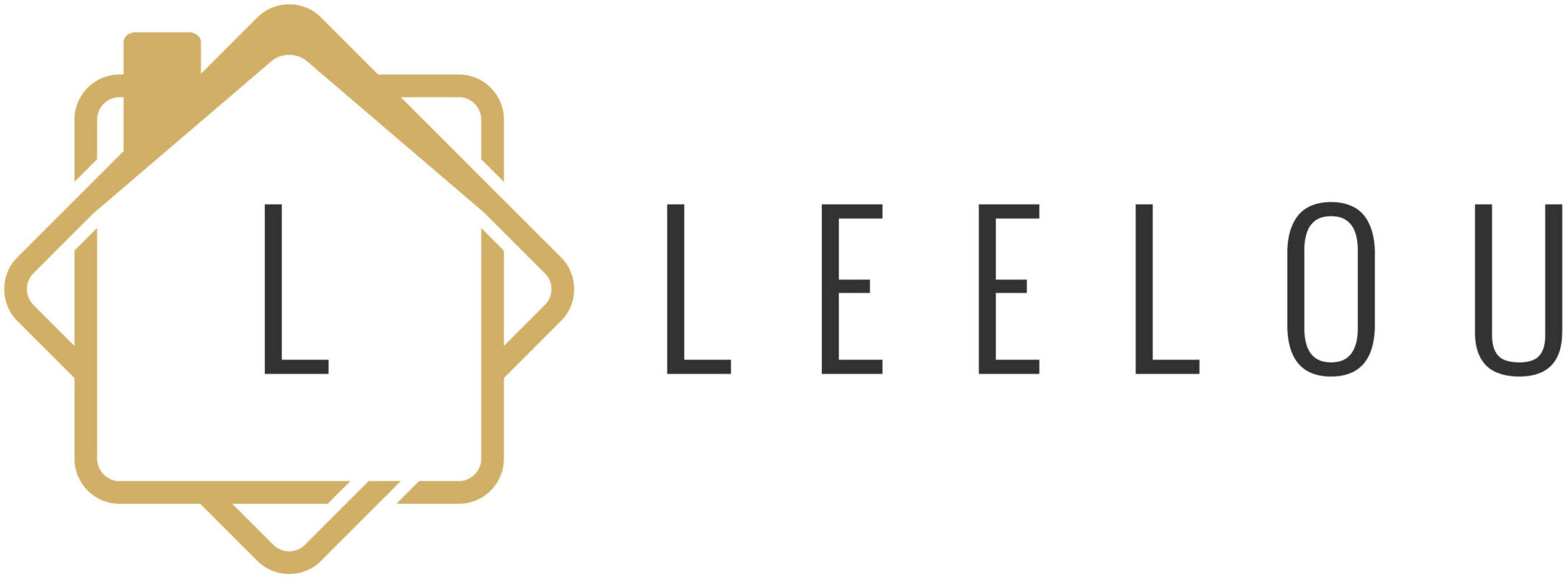
Home equity means the amount of your property that you own. Understanding this concept is really important because it can help you free up cash from your home that you can spend on what you like. This article will outline some home equity best practices and how you can use the collateral in your home.
Home Equity, Explained
Home equity is the value of your property minus the amount you owe on your mortgage. Say your home is worth $500,000, and you have $400,000 left to pay your lender. Your equity in this scenario is $100,000.
Not great at math? You’ll find several tools online for calculating home equity value.
So, what factors impact equity? Well, how much you pay toward your mortgage is the biggest one. Your equity and net worth will increase as you pay monthly repayments on your home.
Home improvements are another factor. For example, splurging on a new kitchen might increase the value of your home, resulting in more equity. Market trends can also make an impact. If home prices rise in your area, you’ll have more equity. If they fall, you’ll have less equity.
Market trends can also make an impact. If home prices rise in your area, you’ll have more equity. If they fall, you’ll have less equity. It’s that simple!
Use Your Home Equity
Once you have enough equity, you might want to use it! There are various equity release options. The most popular are home equity loans, home equity lines of credit (HELOC), and cash-out refinancing. They all involve refinancing your property. Sales leaseback agreements and home equity investments are alternative ways to use your home equity.
The amount you can borrow for home equity finance depends on how much of your property you own. You then make repayments as you do now with your regular mortgage. A financial expert can help you decide between home equity loans vs HELOC and other options.
What Will You Spend Your Home Equity On?
You can use equity for anything you like. There are no rules! Perhaps you want some extra cash to make changes to your property. Many people borrow against the equity in their homes to make them more comfortable and valuable. Alternatively, you can use home equity to consolidate debts, pay for education, or start a new business.
You can also buy a new property. Then, you can generate additional revenue from rental income, maximizing your home investment. Finally, using home equity can help you prepare for your financial future, including retirement. You can save income from your equity loan every week, which will help you as you get older.
There are risks to using home equity. If you don’t make repayments on a loan, you could lose your home. The value of your home can also change after taking out home equity finance.
Should You Tap Into Home Equity?
You can access home equity in an emergency, to make improvements to your home, or prepare for the future. However, using an equity loan for something like a new car or other luxury might not be worth it. That’s because your home is at risk if you don’t keep up with repayments.
Planning to put your property on the market soon? Accessing home equity might not be a great idea in this situation. You’ll need to pay off all your debts before you do so, which includes home equity finance. Also, consider any tax implications that might impact equity. The good news is that interest on home equity loans is tax deductible if you use funds to purchase a new property or make home improvements.
Bonus Home Equity Tips
Always consider your financial health when planning to take out home equity finance. You’ll need to pay back a loan with interest to your lender. However, experts predict interest rates for home equity loans will decline throughout the next year, which is great news. Your credit score will also influence what financial products you can get. So remember to check it online before you approach a lender. Also, don’t forget to read through the terms and conditions of any loan agreement and look out for hidden fees.
Talking to an expert can make the home equity process so much easier. The right person will explain different finance options, including cash-out refinancing benefits. They will also help you weigh up home equity loan and HELOC pros and cons.
Home Equity In a Nutshell
You can use your home equity for different reasons. For example, you can plan for retirement or purchase a new home and generate rental income. Financial products like home equity loans and cash-out refinancing let you borrow against your property. However, you’ll need to consider home equity loan interest rates and other charges. It’s best to be responsible and decide whether this route is right for you.
Interested in home equity finance? Take a look at different lenders on the market. Alternatively, contact an expert who specializes in financial planning for homeowners.










